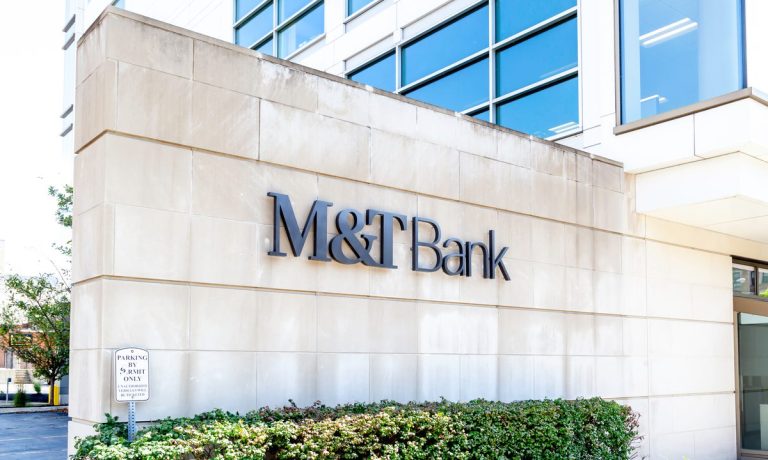M&T Bank CEO Calls for More FinTech Regulation

M&T Bank Corp CEO René Jones has made the case for holding digital banks to the same regulatory standards as traditional financial institutions (FIs).
In his annual letter to shareholders, Jones said the growth of new, unregulated financial companies threaten regulatory protections such as the Community Reinvestment Act which was enacted to safeguard the most vulnerable.
“One is left to wonder how the national interests of preventing terrorism, money laundering, and redlining, while providing safety of deposits and access to affordable housing, can be effectively served in view of this ever-widening regulatory gap,” Jones wrote.
He said the banking sector faces unregulated competitors offering every banking service without the safety, soundness, and service obligations of the regulated system.
“Regulators who set important social goals, whether drawing the unbanked into the formal financial system or ensuring mortgage access for all neighborhoods, find their understanding of this shift far exceeds the reach that their authorizing legislation affords them,” he added.
Buffalo, New York-based M&T Bank operates 780 branches in New York, New Jersey, Pennsylvania, Maryland, Delaware, Virginia, West Virginia, Washington, D.C. and Connecticut, according to the company’s website.
Jones is not the only bank executive worried about the lack of regulation in the booming worldwide FinTech industry.
Last month, nearly six dozen CEOs called for increased regulation of the FinTech sector in the United Kingdom.
See also: Open Letter from FinTech CEOs Calls for More Regs
In a letter, executives of the country’s major FinTech firms demand regulators and the U.K. government to accelerate reforms aimed at better financial regulation.
The signers said regulations must be overhauled in the manner suggested by the Kalifa report last year.
The 108-page survey recommended a five-point plan designed to provide regulation guidelines, an investment in skills training, the launch of a an international “Fintech Credential Portfolio” to support global credibility, making it easier to do business, and national connectivity.